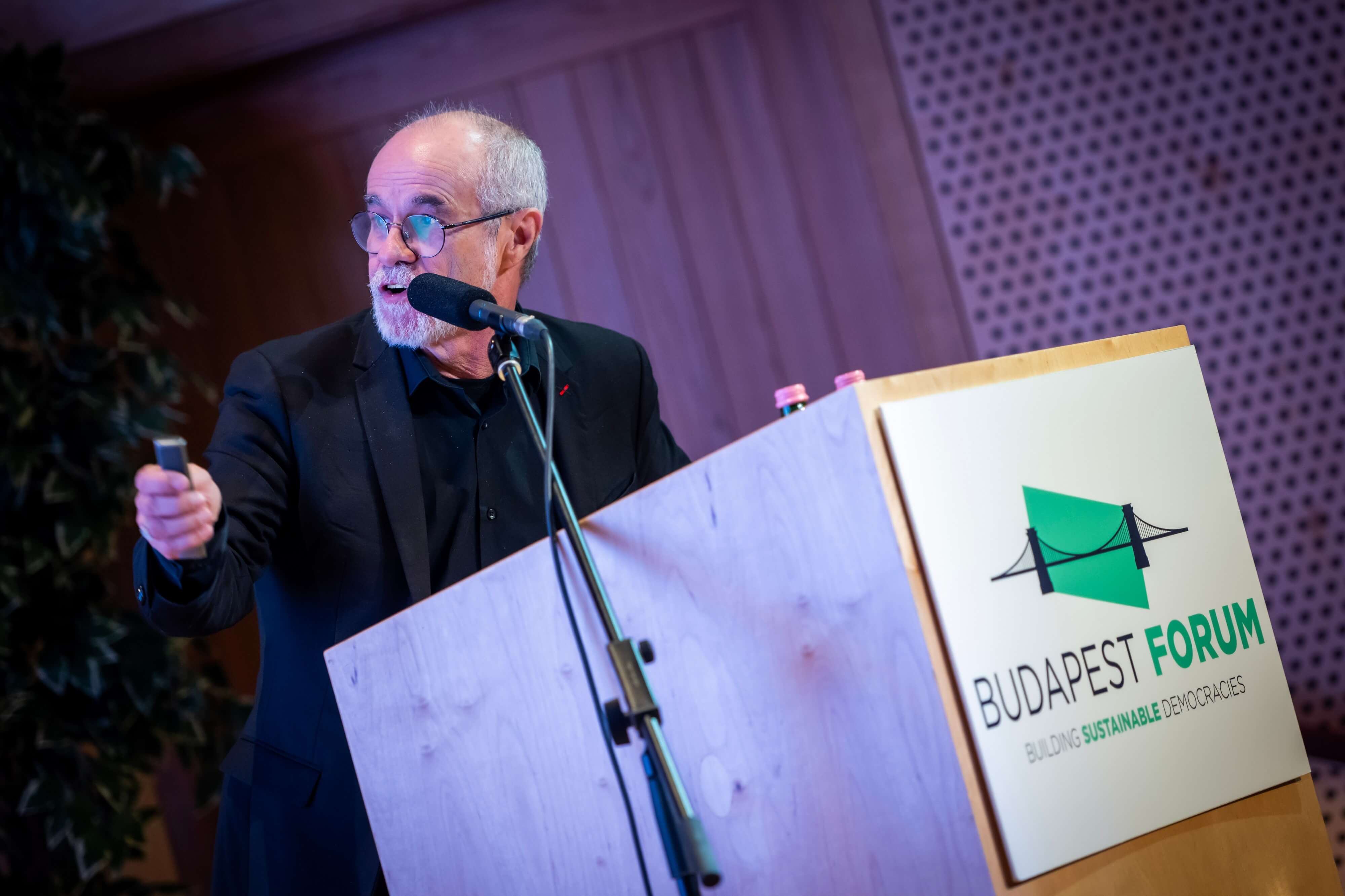Green Transition and 15-Minute Cities: A Path to Sustainable Urban Living – Lecture by Carlos Moreno
2024-09-26
Background:
Carlos Moreno developed the concept of the 15-minute city, which aims at being sustainable, just and inclusive. Carlos Moreno is a Professor at IAE Paris Sorbonne University.

Main takeaways:
- Moreno was a mathematician and when he saw M. Yunus' book A World of Three Zeros, he became interested in urbanism. In 2015, at COP21, he presented his idea of the 15-minute city, which has become a widely known concept.
- We have adapted our lives to cities rather than changing cities to adapt to our needs. The aim is to have all kinds of services (work, health, sport, education, leisure, etc.) within a 15-minute drive.
- There are four guiding principles for building 15-minute cities:
- ecology
- proximity
- solidarity
- participation
- There are three conditions:
- The rhythm of the city should follow people, not cars.
- Every square meter should serve many different purposes.
- Neighbourhoods should be designed so that we can live, work and thrive without constantly commuting.
- The first city to adopt this concept is Paris, with Mayor Anne Hidalgo.
- We need to change our centralised economic models to change to more socially inclusive cities.
- There are over 100 projects across Europe using this concept.
- The concept won a UN Habitat Award. There is an open access book to help urbanists (and anyone else) apply this concept.
- However, it became also a target of climate deniers and conspiracy theorists. Therefore, he received death threats because of his idea.
Copyright 2026. Political Capital Policy Research and Consulting Institute, all rights reserved.

